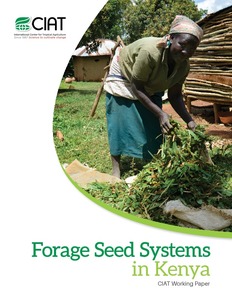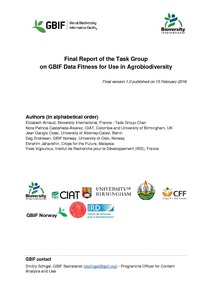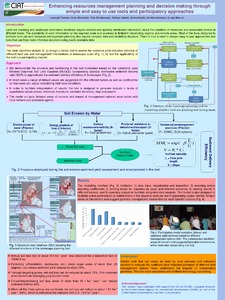Mission
To reduce hunger and poverty, and improve human nutrition in the tropics through research aimed at increasing the eco-efficiency of agriculture.
People
CIAT’s staff includes about 200 scientists. Supported by a wide array of donors, the Center collaborates with hundreds of partners to conduct high-quality research and translate the results into development impact. A Board of Trustees provides oversight of CIAT’s research and financial management.
Values
- Shared organizational ethic
- We respect each other, our partners, and the people who benefit from our work. We act with honesty, integrity, transparency, and environmental responsibility in all of our joint endeavors.
- Learning through partnerships
- We work efficiently and pragmatically together and with partners. Considering our diversity to be a key asset, we adapt readily to change and strive to improve our performance through continuous learning.
- Innovation for impact
- We develop innovative solutions to important challenges in tropical agriculture, resulting in major benefits for the people who support, participate in, and profit from our work.
Members:
Resources
Displaying 171 - 175 of 958Final report of the Task Group on GBIF Data Fitness for Use in Agrobiodiversity
Human wellbeing and food security in a changing climate depend on productive and
sustainable agriculture. For this, policies based on analyses and research results are vital to
establish conservation priorities of natural resources that underpin the enhancement of
sustainable food production. Therefore, data from agrobiodiversity and wider biodiversity sources
Farming challenges in North Alego, Kenya
This participatory video was filmed, produced, and directed by members of the Rafiki Farmers Group in North Alego, Kenya. With this video they want to communicate the message: knowledge and training on farming practices and markets can help them address some of the challenges they face. Through a 6 day process facilitated by Juliet Braslow (CIAT) and Wendy Okolo (CIAT), the farmers learned video techniques, interviewing skills, and developed the story they wanted to share with their community, local leaders, and the world.






